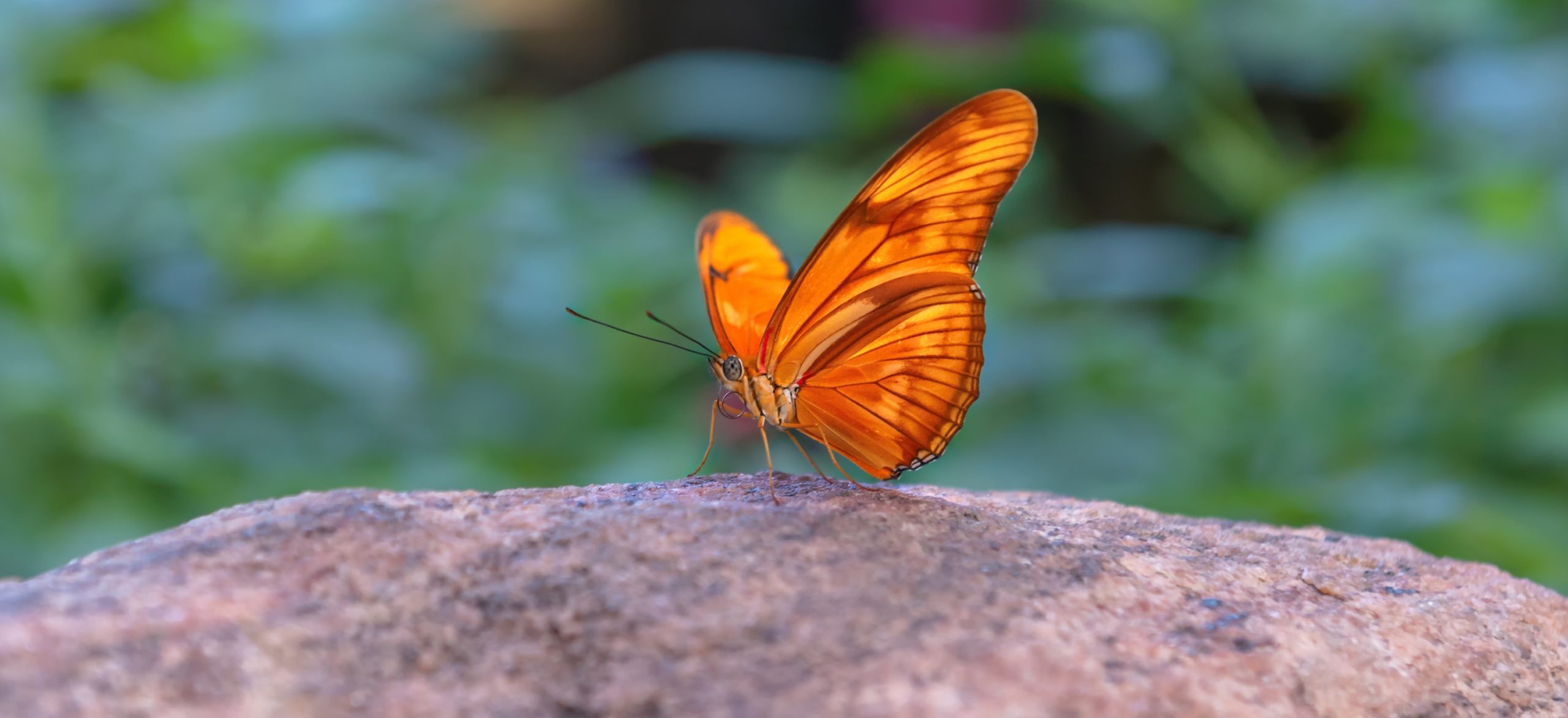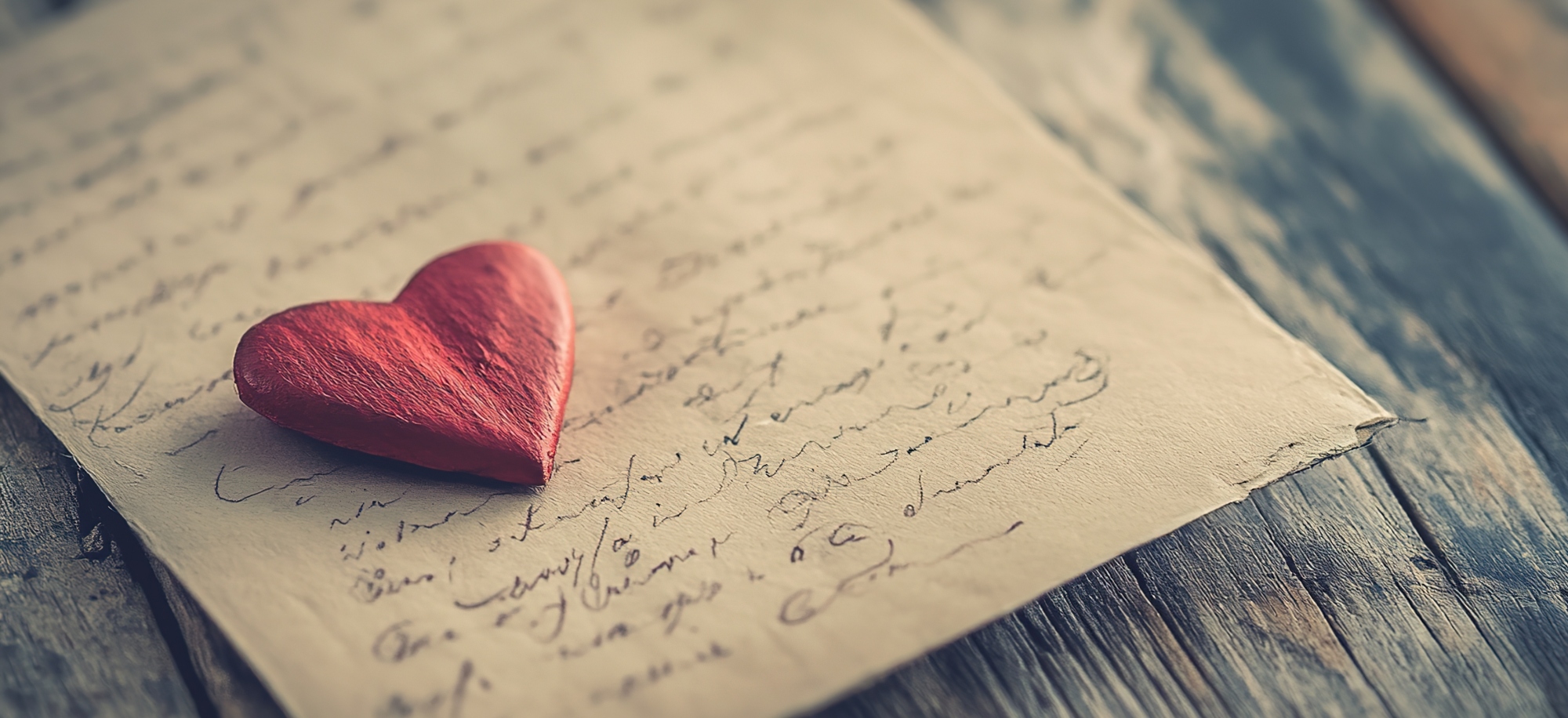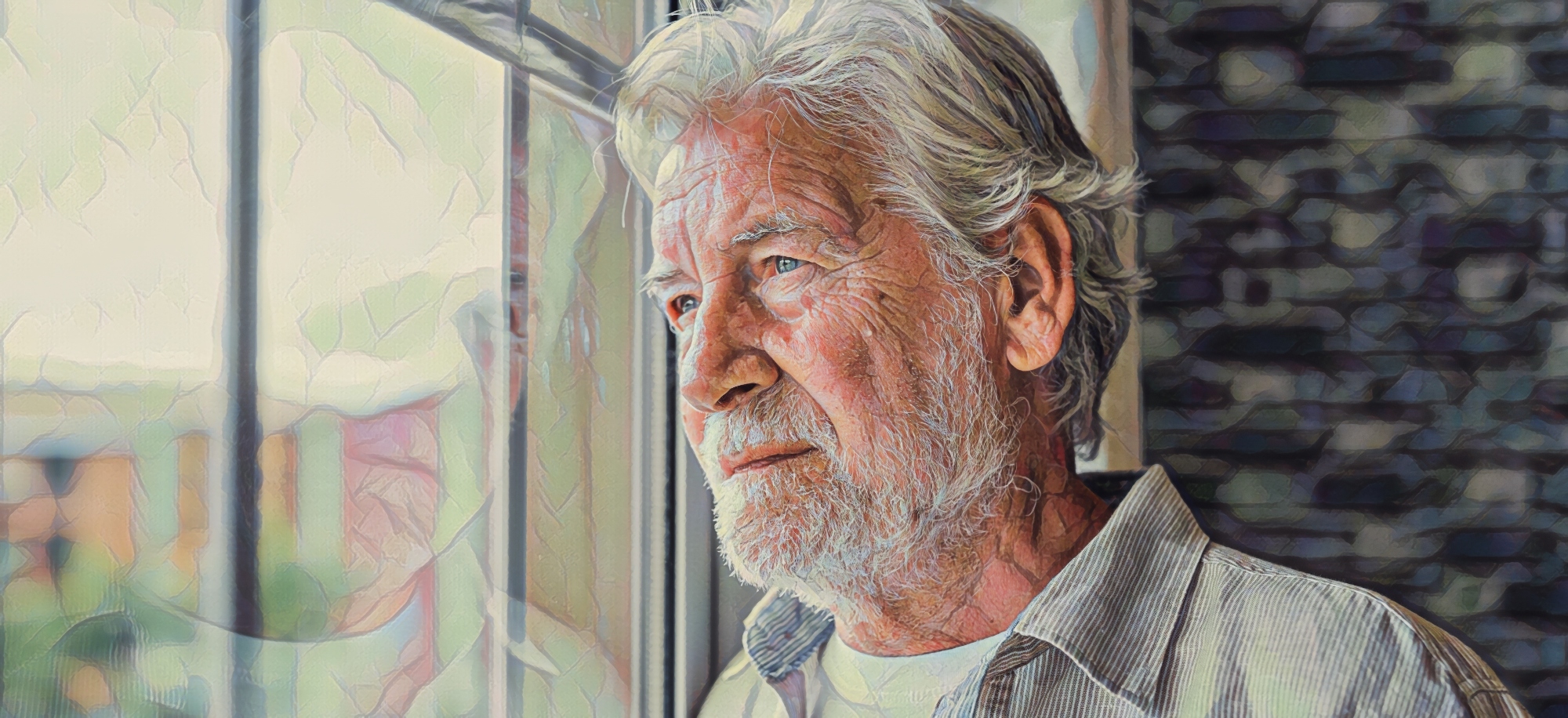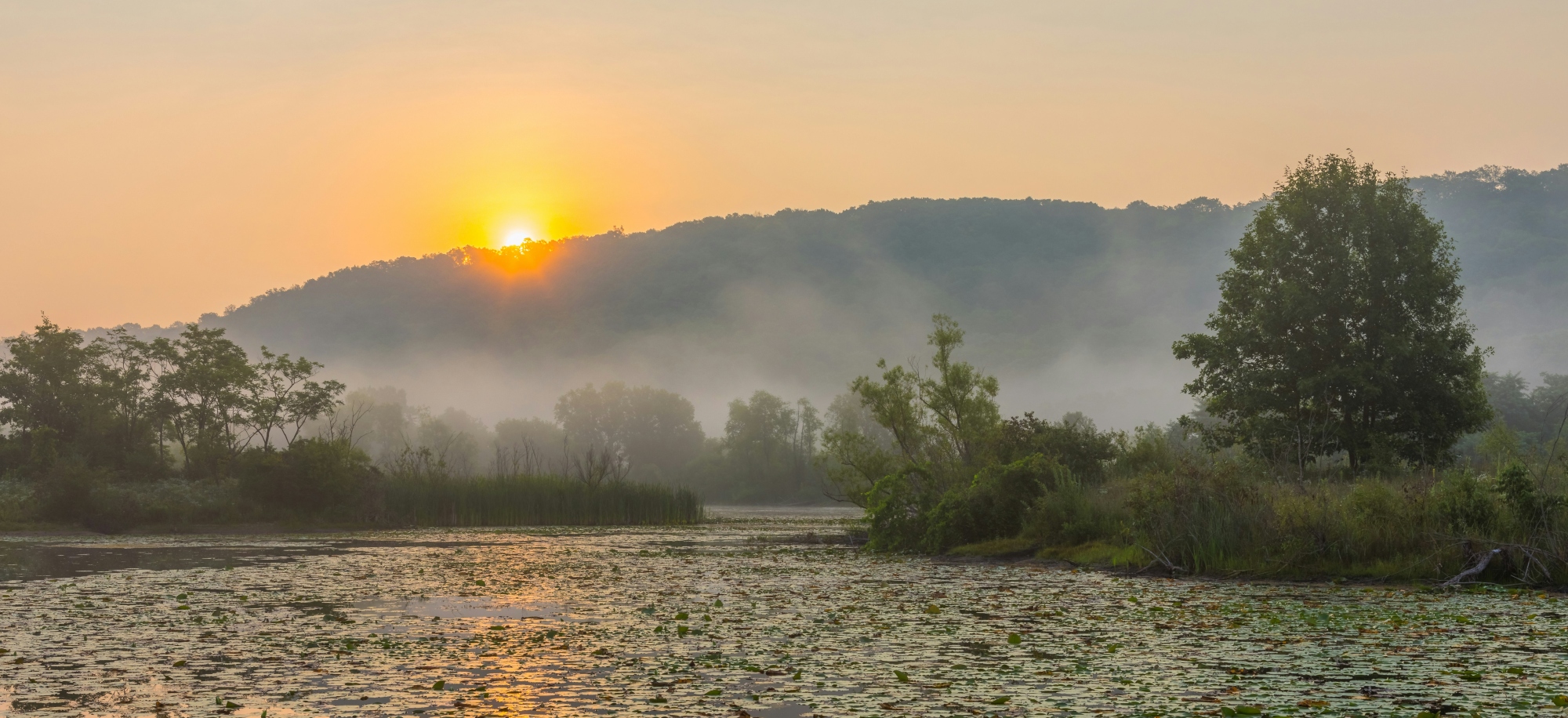A while ago a friend asked why I use a pen name whenever I submit a written piece about grief and loss. Although I never thought about it before, I said that “I am not my grief. Loss is only a small portion of my life. Using my real name would mean that people would immediately identify me with the loss of a child instead of getting to know me as the whole and healed person that I am today.”
I am not my grief and haven’t seen myself as a bereaved mother for many years. Although I lost a piece of my heart and soul, I am still not my loss – purely because I’ve grown beyond that.
But it didn’t start out that way. Early on this grief journey, I was angry at everything that dared to breathe. I felt like a victim. I was angry that Life/God/The Universe/Something Bigger Than We Are, took my child away. I was angry at the Angel of Death who had the guts to come into our home, rather than the neighbour’s or one in the next town over.
In the beginning, I also asked: “Why ME?!?” Why did God deal out emotional pain that I surely wasn’t equipped to handle and surely not strong enough to survive? During the first months, I spent more time sobbing on the floor than being upright and vividly remember wiping a tear from my dog’s eye with my soaked tissue.
Why me? For a couple of months, I was a willing and participating victim until I stopped asking “why me” and started to ask, “what now?” Rock bottom is always a good place to start to rebuild. When I was told by a professional that “I couldn’t,” I rebelled and fought back because nothing is ever impossible. Our thoughts and beliefs can be the biggest prison. What we believe is how our lives will be and sometimes it is necessary to re-examine what we’ve been taught.
Ever so slowly I realized that I’m not my child and that I’m not dead yet (although I prayed for it on many occasions).
Later came the realization that I’m not my grief either. Moving away from feeling hopeless and victimized and feeling that life “owed” me something or that life is somehow unfair, changed everything, even though I was still very deep in a pit of depression at the time.
A “forever-grieving state of mind” was a label that didn’t fit comfortably. I did not want it to become my identity, or the first thing others would think when we meet. It is not something I pull out at every occasion so that the other person can feel sorry and give me special treatment, but when I do take my tender heart out for inspection, I always share that it is possible to wake up after a loss like this and someday heal and thrive too.
I have learned that when sadness comes to visit me, all I can do is say “I see you.” I spend some time with it, see what it wants to teach me, and examine it through journaling or talking to a friend. I don’t push it away, I own it, and because I own it, I can let it go.
Everything changed the day I decided that this is a lesson of some sort and not a punishment. The secret of change is where you focus your energy. Is it to fight what you cannot change or is it to (eventually) live a life of wholeness?
When you let go of what you think life owes you, you are free to fly.
It wasn’t until I was able to let go of how I thought my future should look like (two children with their growing families), that I was able to create the one I’m living today. Accepting that some things do happen over which we have no control leaves space for growing beyond grieving.
I am not my loss or grief, and you aren’t as well. The only difference between lifelong grief and healing is whether you are willing to take ownership of your pain and work towards healing it. Healing that gaping wound is mostly a spiritual journey which also means taking responsibility for our lives and decisions and cultivating the opportunity to grow beyond our perceptions.
Building a bridge between being a bereaved parent and a healed individual didn’t happen overnight or by itself. Separating the community’s beliefs and my own desire to heal was very necessary in order to move forward.
“There is freedom waiting for you,
On the breezes of the sky,
And you ask, “What if I fall?”
Oh, but my darling,
What if you fly?”
― Erin Hanson




